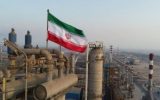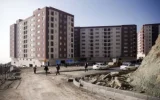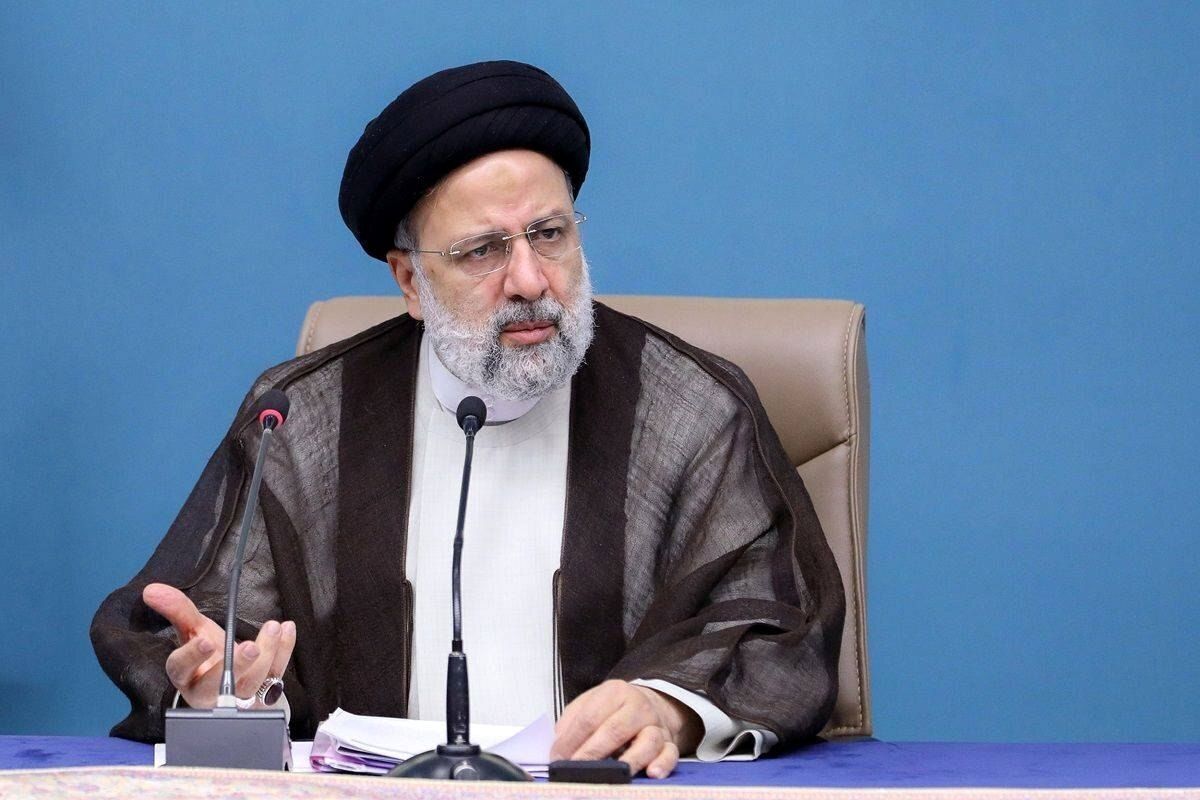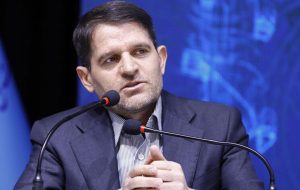
Mismanagement brought petrochemical production to zero
Production in Khorasan, Lordegan, Kermanshah, Zagros, Sabalan, Kimia Pars, and many other urea and methanol petrochemical plants has dropped to zero; why? Because the only prescription of all governments to overcome the gas crisis is to close the gas valve of petrochemical plants.
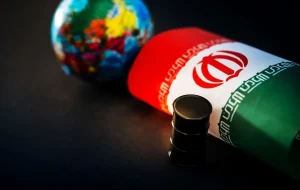
Growth in oil production and exports despite economic recession
Central Bank statistics indicate a 1.1% growth in oil production and exports in the first half of 1404; a growth achieved during an economic recession and alongside a 0.6% decrease in the country's gross domestic product.

The Yellow Dragon’s Addiction to Iranian Oil / Billion-Dollar Savings for Chinese Refineries
Estimates by the Kepler Institute show that China purchased over 80% of Iran's exported oil in 2025, with daily imports averaging around 1.38 million barrels, equivalent to approximately 13% of China's total seaborne oil imports.
آخرین اخبار

Saving 1.7 billion cubic meters of gas in the petrochemical industry
The Director of Energy Consumption Optimization at the National Petrochemical Company announced that the petrochemical industry has succeeded in saving 1.7 billion cubic meters of natural gas in the past four years by implementing optimization projects, and said: "Achieving annual savings of more than 200 million cubic meters has also been targeted for this year."
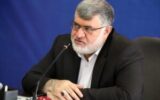
Tehran Governor: No diesel burning will take place in the province
The governor of Tehran, emphasizing that no diesel fuel is burned in this province, said: "There are about 4 million 200 thousand active motorcycles in the capital, more than 70 percent of which are over 20 years old and are mostly worn out and polluting."

Tehran consumes 120 million cubic meters of gas daily; 270,000 tons of smoke are produced
During the cold months of the year, 120 million cubic meters of gas are burned in Tehran daily, which results in the production of 270,000 tons of smoke and the destruction of 400,000 tons of oxygen in the air. Incomplete combustion of gas has led to the release of toxic and deadly CO gas and various diseases and silent deaths.
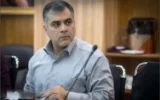
Oil Minister: Energy Optimization and Strategic Management Organization launched
Referring to the establishment of the Energy Optimization and Strategic Management Organization, the Minister of Oil said: "This new institution will operate in conjunction with the Fuel Consumption Optimization Organization, and the mission of the Ministry of Oil will remain the production and export of oil and gas."
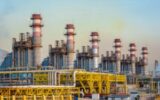
Meet Mobin Energy Persian Gulf, one of the world’s largest centralized utilities
Mobin Energy Persian Gulf Company, as one of the largest centralized utility units in the world, with an area of over 88 hectares in Phase One of the South Pars Special Economic Zone in Assaluyeh, plays a key role in providing energy and infrastructure services for petrochemical complexes.

Two decades after the introduction of CNG, the share of this clean fuel is still 11 percent
Two decades after the introduction of CNG; the share of this clean fuel is still 11 percent. Nearly two decades have passed since the official introduction of CNG into the country's fuel basket, but this clean fuel has not been able to account for more than 11 percent of the transportation sector's fuel consumption; while official statistics indicate a huge saving of 110 billion liters of gasoline due to the use of CNG.
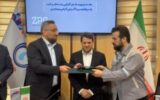
Forming a consensus to address energy (electricity) imbalances and help complete the petrochemical product chain
The memorandum of understanding to establish a joint venture to supply a 300-megawatt power plant between Iran's methanol giant and the country's largest utility company was signed at the Zagros Petrochemical Complex with the support of Dr. Shariatmadari, CEO of Persian Gulf Holding, and in the presence of Dr. Abbaszadeh, Deputy Minister of Oil and CEO of the National Petrochemical Company.
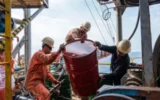
Iran’s oil reserves hit their highest level in two years
According to data from Kepler cited by Bloomberg, a drop in China's oil imports from Iran has caused the volume of Iranian oil stored in tankers at sea to reach its highest level in two and a half years.

Knowledge-based company succeeds in localizing power plant rotor
A knowledge-based company has succeeded in building the first Iranian 200-megawatt rotor weighing 53 tons, which is considered a milestone in the localization of the country's power plant equipment and eliminates dependence on the supply of exclusive foreign parts.

14 power plants in the country ready to use low-sulfur diesel in winter
On the eve of winter and increased gas restrictions, the electricity industry has announced that only 14 power plants in the country are allowed to use diesel fuel, and this year, low-sulfur fuel has been made available to boiler units; a move aimed at reducing environmental concerns and ensuring a stable supply of electricity during the cold days of the year.


